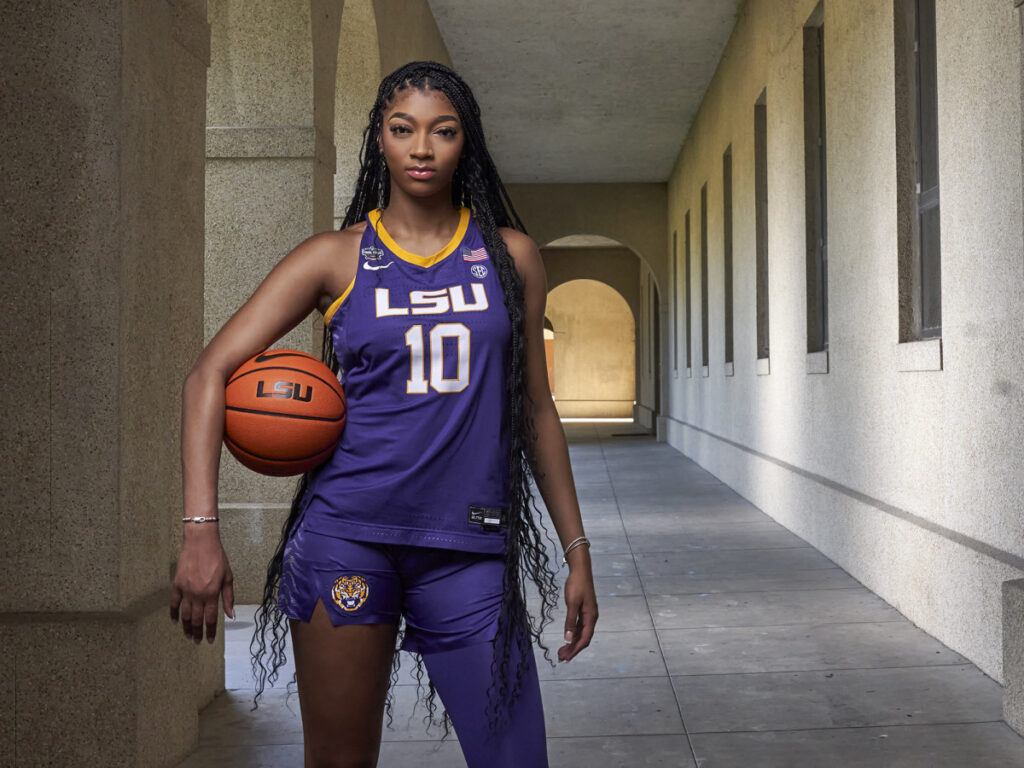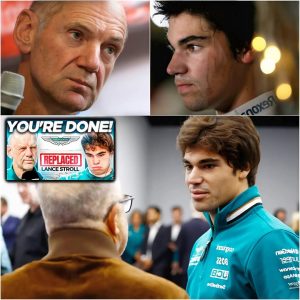Angel Reese Apologizes Amid Controversy Over Derogatory Remarks Towards Caitlin Clark

In a surprising turn of events, LSU women’s basketball standout Angel Reese has found herself at the center of controversy following the NCAA Women’s Basketball Championship game against Iowa. The incident unfolded when Reese, in a moment of celebration after LSU’s victory, made a “you can’t see me” gesture directed at Iowa’s star player, Caitlin Clark. This gesture, interpreted as disrespectful and unsportsmanlike by many, quickly ignited a storm of criticism from fans, analysts, and fellow athletes.
Initially, Reese defended her actions, describing them as a display of confidence rather than malice. This stance only intensified the backlash, with critics accusing her of poor sportsmanship and setting a negative example for young athletes. The situation worsened when Reese doubled down on her comments, stating she had no regrets and was merely showing her competitive spirit.
However, amidst mounting pressure and scrutiny, Reese took a surprising step by issuing a public apology via social media. In her statement, she expressed deep regret for her behavior during and after the game, acknowledging that her actions fell short of the values and principles she aims to uphold as a role model. She specifically apologized to Caitlin Clark and the Iowa program, recognizing Clark’s exceptional talent and the impact her actions had on their team.
The apology has elicited a mixed response within the basketball community. Some have praised Reese for her willingness to take accountability and apologize sincerely, seeing it as a crucial step towards reconciliation and personal growth. Others remain skeptical, believing that her actions spoke louder than her words and emphasizing the importance of consistent sportsmanship both on and off the court.
Prominent figures within the sport have weighed in on the controversy. Swin Cash, a former WNBA player and current analyst, acknowledged Reese’s apology as a positive step but emphasized the need for tangible actions to demonstrate genuine change. Dr. Kimberly Vandenberg, a sports psychologist, viewed the incident as a potential turning point in Reese’s development, suggesting it could lead to a deeper understanding of sportsmanship and respectful competition.
Looking ahead, Reese and her LSU teammates are now focusing on the upcoming WNBA draft, where Reese is anticipated to be a top selection despite the recent controversy. Her statement indicates a commitment to learn from this experience, grow as both a player and a person, and ultimately regain the respect and admiration of her peers and fans.
In conclusion, while the incident has cast a shadow over Reese’s career momentarily, it also presents an opportunity for reflection and redemption. How she navigates this challenging moment and demonstrates growth moving forward will likely shape her legacy in the sport. As the basketball community awaits her next steps, the hope is that this episode serves as a catalyst for positive change and renewed commitment to sportsmanship at all levels of competition.








